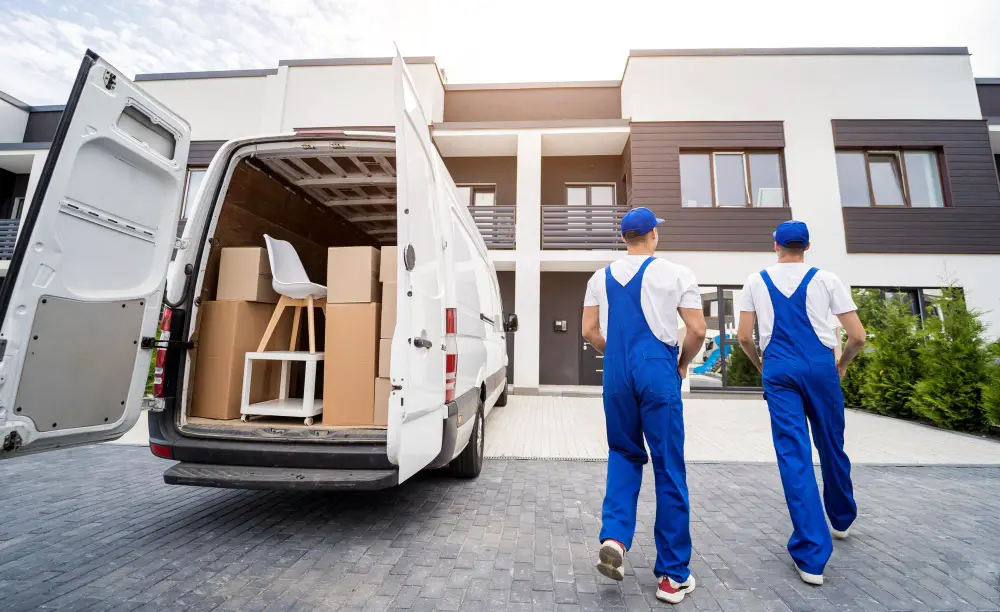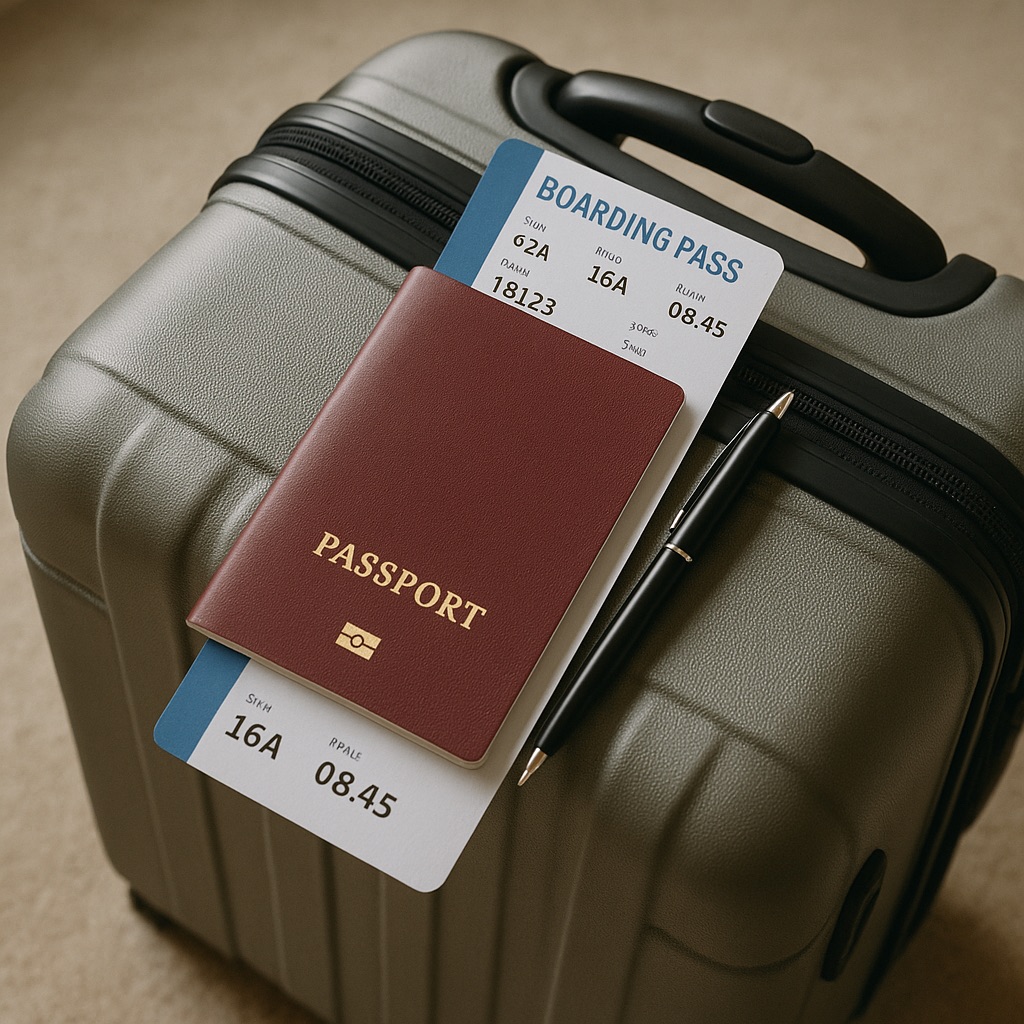Last updated on
Moving out of state is an exciting opportunity for the thrill of a fresh start, change, and growth, but it also comes with its own set of challenges and complexities. This process involves more than just physical movement.
Whether relocating for career advancement, family needs, or simply for a change of scenery, the process requires strategic planning, thoughtful decision-making, and careful consideration of numerous factors to embrace new experiences. This guide offers comprehensive insight into the key aspects of moving out of state, helping you navigate through this significant life event with ease and confidence.
Table of Contents
Research Your New Location

The foundation of a successful move lies in thorough research of the new state. This involves researching the climate, culture, cost of living, and job market of the new state. Understanding these aspects is not merely about logistics but also about understanding the lifestyle and community you are about to join.
It is also crucial for setting realistic expectations and preparing for a life in a new environment. Utilizing online resources, such as online forums, state government websites, and social media groups, can offer valuable insights. Additionally, visiting the new location before the move, if possible, can provide a firsthand experience of the area and help in making informed decisions about housing and neighborhoods.
Choosing a Moving Service

Selecting the right moving service is a pivotal decision in ensuring a smooth transition. It’s essential that the moving company you choose should be reliable, experienced, and suit your specific needs. One such reputable company is Solomon & Sons Relocation Services Inc. They are experts in providing quality services in relocation, storage, distribution, packing, and moving.
The team of highly skilled professionals is equipped to handle various moving needs and ensure a hassle-free experience. The company is BBB accredited, boasts an A+ Rating, and is a Certified ATA Pro Mover & Storage, reflecting their commitment to providing efficient services, trust, and customer satisfaction.
Budgeting for Your Move

Creating a comprehensive budget is a critical step in managing the financial aspects of moving out of state. This budget should include all potential costs associated with the move, such as moving company fees, travel expenses, packing supplies, and any additional funds for unexpected expenses.
It’s also wise to consider the cost-of-living adjustments in the new state and plan accordingly. Setting up a detailed budget helps avoid financial strain and ensures that all aspects of the move are accounted for in a stress-free manner.
Packing Strategies

Efficient packing is an art that significantly eases the moving process. Start by decluttering and deciding which items are essential to bring along. Selling, donating, or discarding items that are no longer needed can significantly reduce the load and possibly the cost of moving.
When packing, use high-quality materials and label boxes clearly for easy unpacking. Fragile items require special attention and should be packed securely to prevent damage.
Managing Utilities and Services
Transferring utilities and managing service cancellations requires careful planning. Start by notifying your current providers about your move and arranging for services to be disconnected on your moving day. This includes electricity, gas, water, internet, and cable services.
In parallel, set up utilities in your new home, ensuring they are operational by the time you arrive. Research providers in your new location and, if possible, set up accounts in advance. Remember also to update your address with banks, subscription services, and other important entities.
Handling Healthcare Needs
Transitioning healthcare services is a vital step, often overlooked until the need arises. Before moving, arrange for the transfer of medical records to new healthcare providers in the new state. This includes finding new doctors, dentists, and specialists that are in-network if you have health insurance.
Speaking to your current healthcare providers for recommendations and transferring prescriptions to a pharmacy in the new location are also essential steps. If your health insurance is tied to your employment or a specific location, ensure to update or change your policy accordingly to maintain coverage.
Updating Important Documents
Updating legal and personal documents is a crucial step in the moving process. Once relocated, it’s essential to change the address on essential documents like the driver’s license and vehicle registration, which typically need to be done within a certain timeframe after moving.
Voter registration should also be updated to reflect the new address. Additionally, it’s important to inform banks, credit card companies, insurance providers, and other relevant institutions of the address change to ensure all correspondence and services continue without disruption.
Preparing for the Moving Day
The final weeks leading up to the move can be the most hectic. Creating a detailed timeline and checklist for these weeks can help manage tasks systematically. This checklist should include final packing, confirming details with the moving company, and preparing an essentials box for the moving day with items like toiletries, a change of clothes, important documents, snacks, and chargers.
It’s also crucial to plan for the actual moving day, including travel arrangements to the new state, ensuring that pets and family members are well-prepared and comfortable for the journey.
Settling into Your New Home
Upon arrival at the new home, the focus should be on unpacking and settling in. Prioritize unpacking essential items first, such as kitchenware, basic toiletries, and bedding. Gradually move to other items, organizing as you go to avoid clutter. Take the time to familiarize yourself with the neighborhood. Exploring local shops, parks, and community centers can help to adjust to the new environment.
Navigating Emotional and Social Transitions
Moving to a new state is not just a physical transition but also an emotional and social one. It’s normal to experience a range of emotions, from excitement to uneasiness. Allow yourself time to adjust, and don’t shy away from seeking support if needed. Creating a daily schedule can bring a feeling of familiarity during times of transition.
The Takeaway
Relocating to a different state is a journey that includes much more than just a physical move. It’s a process that involves careful planning, ranging from practical logistics to adjusting to new social and emotional landscapes. By carefully managing each step, the move can be a fulfilling and positive experience.




